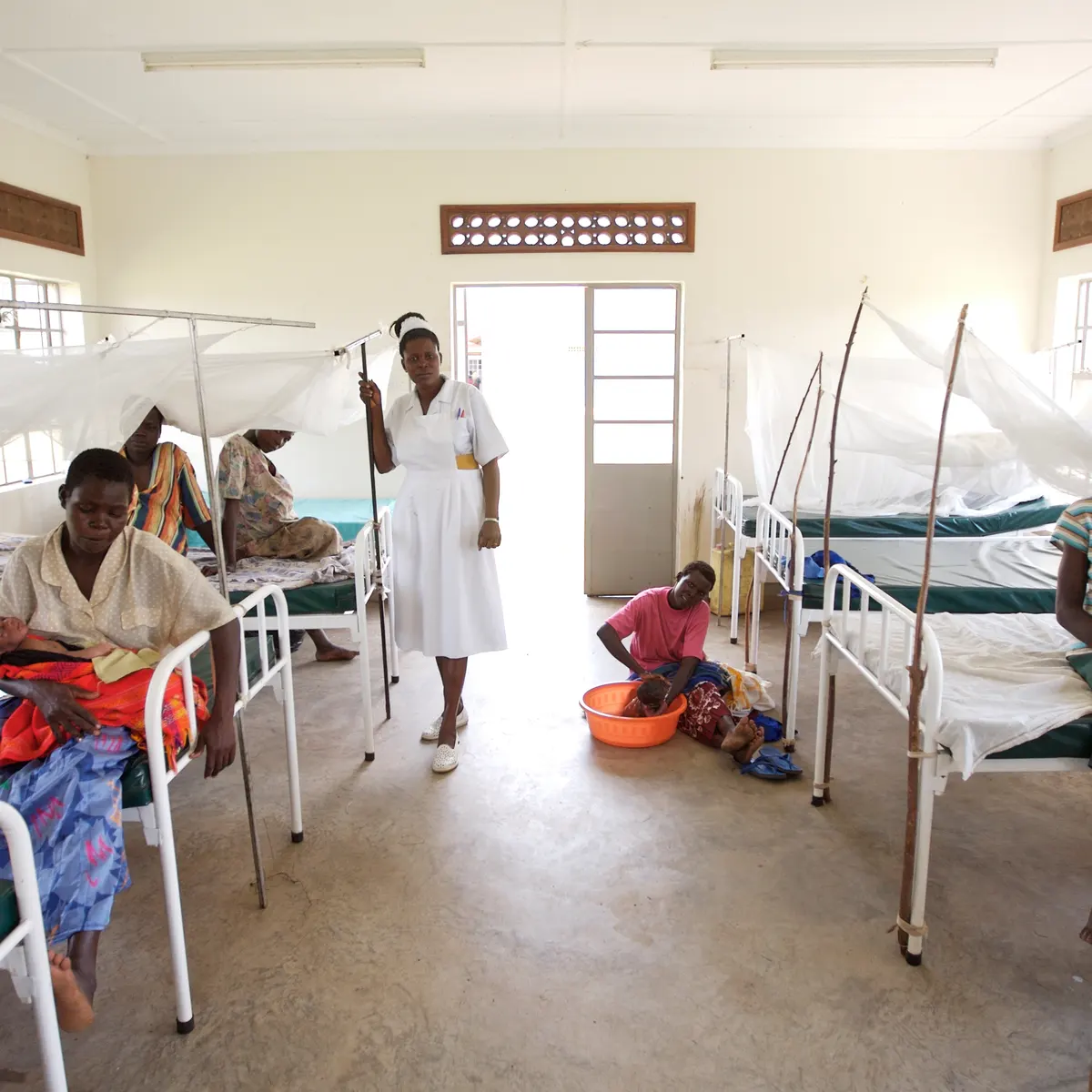Two cases to be heard this month could serve as legal precedent to outlaw the holding of patients against their will for unpaid bills
Two women who were prevented from leaving hospital over unpaid medical bills are to have their case against Ugandan authorities heard this month in a case that lawyers hope will end the practice.
Akello Esther Susan, 23, and NS (known by her initials) are jointly suing the government, two district councils and church dioceses over their treatment after giving birth in 2020 and 2021 respectively.
Both suffered complications, and, after initially attending free government hospitals, were referred to private clinics. When they couldn’t pay the bills, they say they were detained against their will for weeks.
“We are hoping to gain a declaration that the detention of mothers by hospitals after the delivery of health services is unlawful, unconstitutional and a violation of our laws,” said their lawyer, Elizabeth Atori.
The Initiative for Social and Economic Rights (ISER), a Ugandan NGO, said detaining patients is widespread in Uganda, disproportionately affecting new mothers. Guards are used to keep patients in the hospital grounds. Detainees are often denied food and asked to work, such as cleaning wards, to pay off debts. There have been individual cases where it has been ruled that rights have been violated, but it didn’t prompt legislative change.
NS was 16 and living in Buikwe in 2021 when she went into labour. She needed a caesarian, and St Francis Hospital Nkokonjeru was the only place equipped. The hospital is a not-for-profit facility administered by the Uganda Catholic Medical Bureau, which lists many international organisations among its funders, including USAidthe US federal agency for international development.
NS was billed 590,000 Ugandan shillings (£126) for the C-section and subsequent treatment for sepsis – a considerable sum in a country where half of those employed earn 200,000 Ugandan shillings or less a month. Unable to pay, she wasn’t allowed to go home.
“She had to beg her relatives for help, but they did not have enough to cover the bill,” says Atori. The teenager, who had another child at home, was detained for a month until ISER paid the debt.
Akello was six months pregnant with twins when she was referred to Kumi hospital in Ongino, which is overseen by Kumi Anglican diocese. She had prolonged rupture of membranes, which put mother and babies at risk. Yet, Akello said, the hospital refused to treat her. “The nurse said, ‘If you do not have [the money], you will not proceed to the operation theatre’,” Akello said.
Her mother took a loan said Akello, but this did not cover the charge for the bed, ambulance and blood transfusion. The final bill was 1.45m Ugandan shillings.
“I was unable to eat healthily to breastfeed my babies,” Akello said. “I had to rely on food that was to be provided by my mother, but she was busy looking for money to clear the bill and pay the loan.”
At the time of filing the suit, the hospital had still not released Akello’s ID documents.
The Guardian has been told of five new mothers held captive in July at Kumi hospital for more than four weeks.
There is free healthcare in Uganda but centres can be inaccessible or lacking in facilities.
“Expectant mothers from low-income backgrounds will not go to a hospital unless they have to,” said Allana Kembabazi, a programme manager at ISER. “If they are faced with an emergency, like a breech birth, a private facility might be their only option.”
Kembabazi says they had one case of a new mother who was held for months before she tied her baby to her back, and scaled a ladder then a tree to escape over the hospital walls.
“Most patient detention cases that go before a judge are settled out of court,” said Aruho Amon, a lawyer from Enforcement of Patients and Health Workers’ Rights. “This means that the court never rules on the legality.”
A 2020 study found evidence of the practice in 46 countries, and was associated with “corruption” and “dysfunctional healthcare system structures”.
In 2021, Kenya’s high court ruled in favour of a woman held at Nairobi women’s hospital, declaring detention over debt unconstitutional. Advocates hope to achieve the same in Uganda.
“What we are looking for is a court decision on the right to health,” said Aruho.
Dr Bbosa Richard, a health officer for Buikwe district, said there was no policy of detention. “[St Francis Nkokonjeru] is a private paying hospital with their own policy on user fees. How they enforce payment of user fees is largely a function of management of the hospital.”
The Uganda Protestant Medical Bureau, responsible for protestant-run hospitals, said it would not comment while legal proceedings are ongoing.
A USAid spokesperson expressed “deep concern” saying “Although USAid does not have a direct award with Uganda Catholic Medical Bureau, we expect that our partners ensure their sub-partners treat each allegation seriously, employ appropriate and survivor-centred principles and approaches, and ensure accountability of perpetrators.”
Kumi district authorities, Uganda Catholic Medical Bureau and the two hospitals did not respond to Guardian requests for comment.
Source: The Guardian






